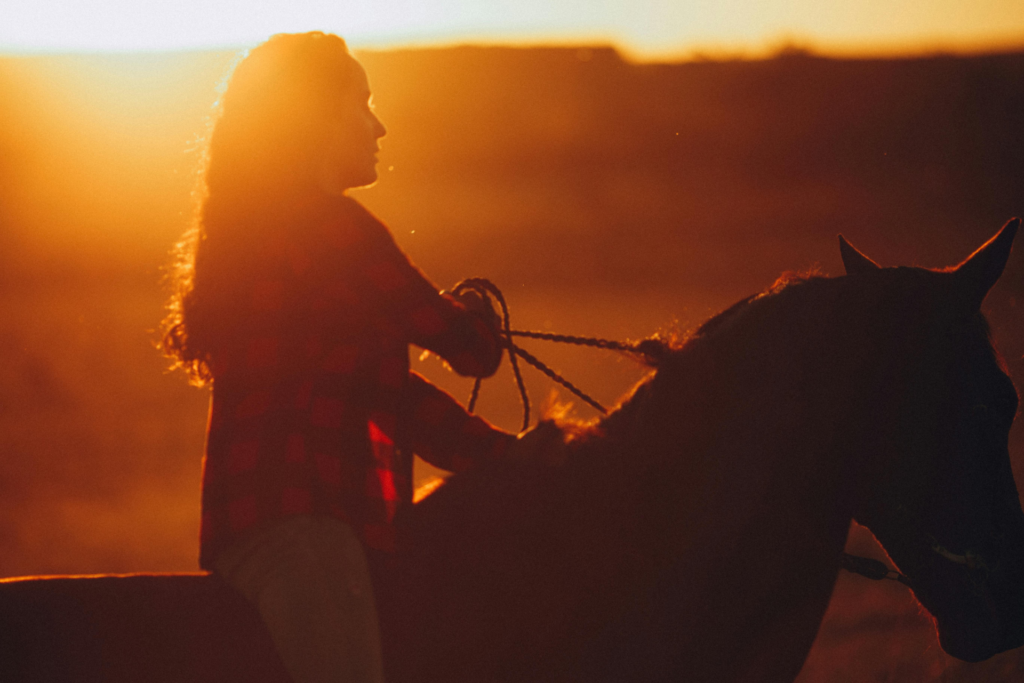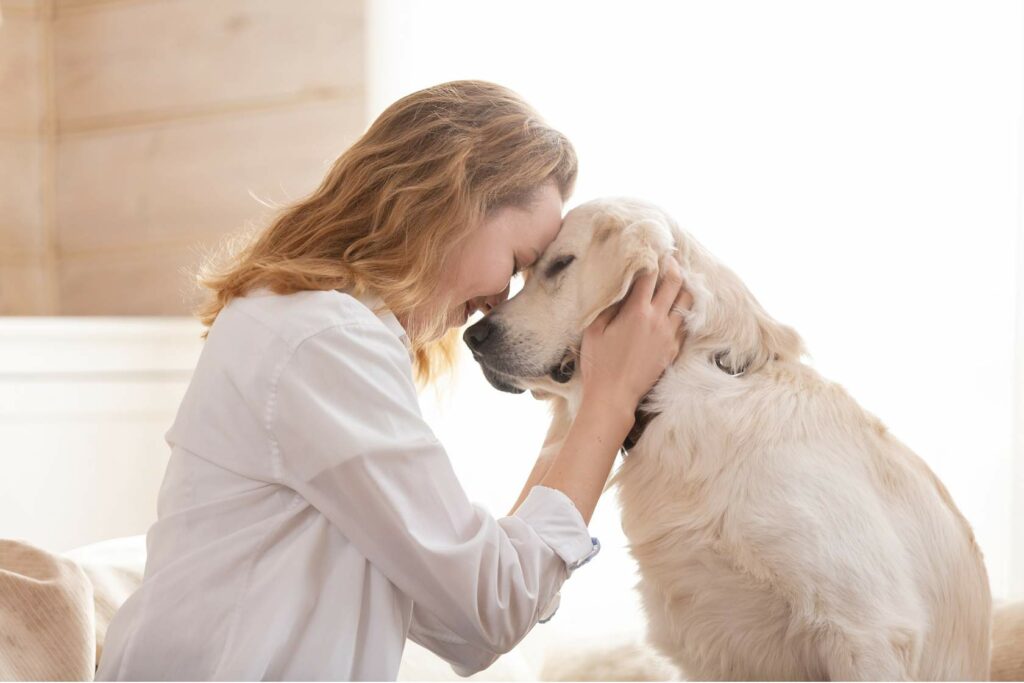Heat Stress & Dehydration in Horses: The Biggest Summer Challenge
9 February, 2026
Summer places unique demands on horses. While many owners struggle with risks like colic, heat stress and dehydration are the most significant challenges horses face during warmer months and they can develop quickly, sometimes without obvious warning. Understanding how horses regulate heat, what signs to watch for, and how to support them through hot conditions is essential for maintaining health, comfort and performance throughout summer. How Horses Regulate Heat Horses primarily cool themselves through sweating and respiration. As temperatures rise, their bodies work harder to release excess heat, especially during exercise, transport or periods of high humidity. Unlike humans, horses…





















